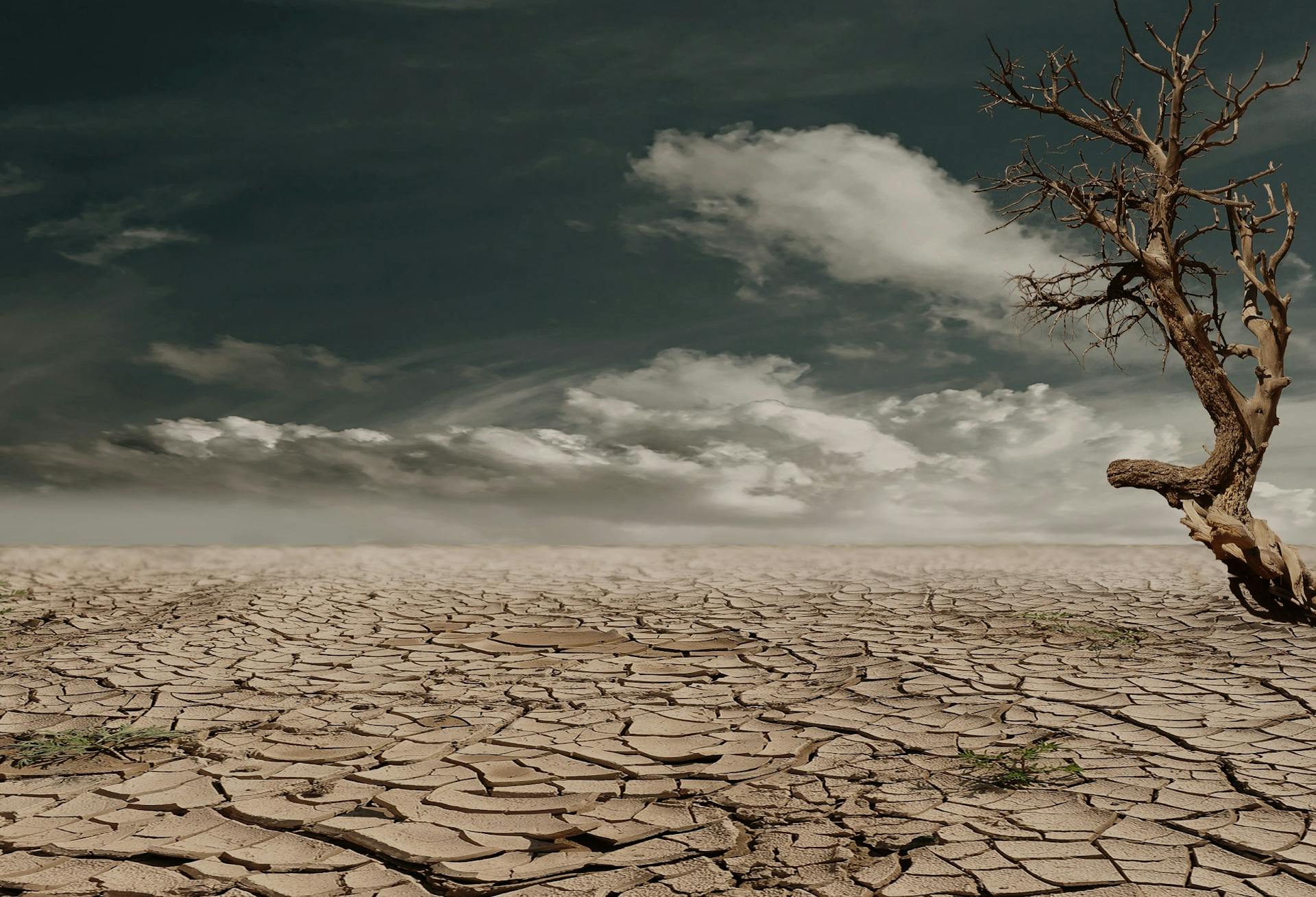Climate Change and Public Health: What You Need to Know
Climate change is one of the most pressing global challenges of our time, with far-reaching impacts on the environment, economies, and human health. The relationship between climate change and public health is complex and multifaceted, affecting populations in various ways. At Light a Candle Health Initiative, we are committed to addressing these challenges head-on by integrating climate change considerations into our health programs and advocating for policies that protect vulnerable communities. In this blog post, we will explore the link between climate change and public health and how our organization is working to mitigate these impacts.
The Impact of Climate Change on Public Health
- Increased Incidence of Heat-Related Illnesses
Rising global temperatures and more frequent and severe heatwaves are leading to an increase in heat-related illnesses, such as heat exhaustion and heatstroke. Vulnerable populations, including the elderly, children, and those with pre-existing health conditions, are particularly at risk. Research has shown that heatwaves can lead to higher mortality rates, making it imperative to implement measures to protect at-risk groups.
- Spread of Vector-Borne Diseases
Climate change is altering the distribution and behavior of vectors such as mosquitoes and ticks, which transmit diseases like malaria, dengue fever, and Lyme disease. Warmer temperatures and changes in precipitation patterns create favorable conditions for these vectors to thrive and expand into new regions. This increased spread of vector-borne diseases poses a significant public health threat, particularly in areas with limited healthcare infrastructure.
- Impact on Food Security and Nutrition
Climate change affects agricultural productivity, leading to food shortages and increased food prices. Extreme weather events, such as droughts and floods, can disrupt food production and supply chains, exacerbating food insecurity. Malnutrition, particularly among children, can result from decreased access to nutritious food, impacting growth and development and increasing vulnerability to diseases.
- Water Scarcity and Quality
Changes in precipitation patterns and the melting of glaciers are contributing to water scarcity in many regions. This scarcity can lead to inadequate access to clean drinking water and poor sanitation, increasing the risk of waterborne diseases such as cholera and dysentery. Additionally, extreme weather events can contaminate water sources, further compromising water quality.
- Mental Health Challenges
The psychological impact of climate change, including stress, anxiety, and depression, is an emerging public health concern. Communities affected by extreme weather events, such as hurricanes and floods, often experience trauma and loss, leading to long-term mental health issues. The uncertainty and fear associated with climate change can also contribute to mental health challenges, particularly among young people.
Our Approach to Addressing Climate Change and Public Health
At Light a Candle Health Initiative, we recognize the urgent need to address the health impacts of climate change. Our approach is multifaceted, focusing on prevention, education, and advocacy to protect vulnerable populations and promote resilience.
- Health Education and Promotion
We conduct health education campaigns to raise awareness about the health risks associated with climate change and promote adaptive behaviors. These campaigns include information on preventing heat-related illnesses, protecting against vector-borne diseases, and ensuring food and water safety. By empowering communities with knowledge, we help them make informed decisions and adopt practices that reduce their risk.
- Community-Based Interventions
Our community-based interventions are designed to build resilience and enhance adaptive capacity. We work with local communities to develop and implement strategies that address the specific health challenges they face due to climate change. This includes initiatives such as establishing cooling centers during heatwaves, distributing mosquito nets to prevent malaria, and improving water and sanitation infrastructure.
- Research and Innovation
We invest in research to better understand the health impacts of climate change and develop innovative solutions. Our research focuses on identifying vulnerable populations, assessing health risks, and evaluating the effectiveness of interventions. By staying at the forefront of climate and health research, we ensure that our programs are evidence-based and responsive to emerging challenges.
- Advocacy for Policy Change
Advocacy is a key component of our work. We advocate for policies that address the root causes of climate change and protect public health. This includes advocating for stronger climate action, improved health infrastructure, and increased funding for climate and health initiatives. We work with policymakers, stakeholders, and other organizations to create an enabling environment for effective climate and health interventions.
- Collaboration and Partnerships
Addressing the health impacts of climate change requires a collaborative effort. We partner with government agencies, academic institutions, and other NGOs to leverage resources and expertise. Through these partnerships, we enhance our capacity to implement comprehensive and sustainable solutions that benefit the communities we serve.
Conclusion
The relationship between climate change and public health is undeniable, with far-reaching implications for communities around the world. At Light a Candle Health Initiative, we are committed to addressing these challenges through education, intervention, research, advocacy, and collaboration. By taking a proactive and holistic approach, we aim to protect vulnerable populations and promote a healthier, more resilient future.
We invite you to join us in our mission to combat the health impacts of climate change. Together, we can make a difference and create a world where everyone has equitable access to health and well-being, despite the challenges posed by a changing climate.

